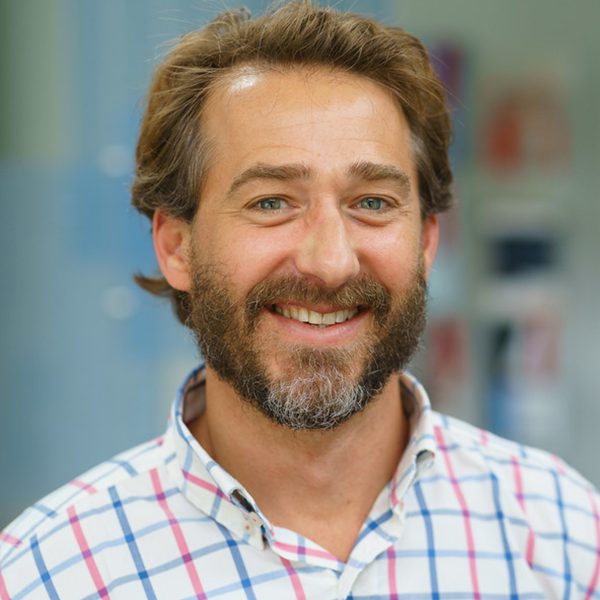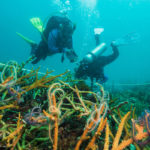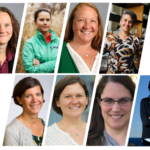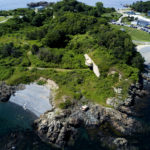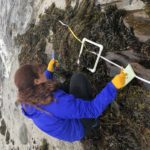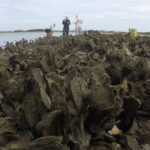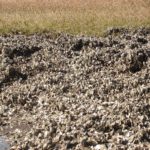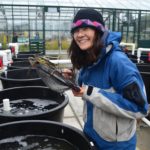About David Kimbro
Prof. Kimbro’s research interests include a broad range of issues in population dynamics, community ecology, invasion biology, ecosystem science, and coastal oceanography. He pursues these interests to understand why the conditions of important coastal habitats change and to learn how these changes impact services to society.
Institutes, Labs & Research Centers
Kimbro Lab
Marine and Environmental Sciences
The Kimbro lab studies why coastal habitats such as salt marshes and oyster reefs thrive in certain areas, but not in others.
Faculty
Publications:
-
Google ScholarRead
